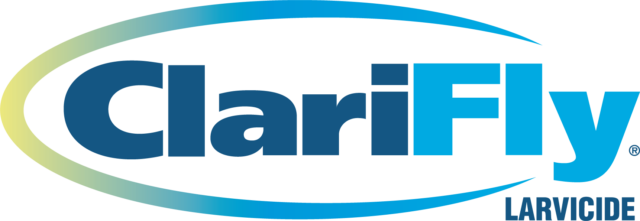In 1989, with the use of checkoff dollars, the National Pork Board developed the Pork Quality Assurance (PQA) program, a producer education and certification program to reduce the risk of violative animal health product residues in pork.
The program received significant producer participation, customer acceptance, and more importantly, a measurable reduction in the instances of violative residues in pork.
The program was revised repeatedly, approximately every five years, with updated content taken from scientific knowledge, and to address the evolving industry and changing production practices.
As consumer interest in the well-being of animals raised by pork producers came to the forefront, the National Pork Board took this into consideration as it updated the program in 2007.
With this revision, it launched PQA Plus, an integrated food-safety and animal well-being program. PQA Plus has three main components: a producer education component, an on-site assessment of animal well-being and a third-party audit.
The development of PQA Plus was a joint effort between producers and advisers in the Pork CheckoffâÂÂs Animal Welfare and Pork Safety committees. Input from other producers was collected, and a coalition technical committee, composed of advisers to the industry animal well-being coalition, reviewed the content of the audit.
PQA Plus certification is offered to individuals completing PQA Plus education with a PQA Plus adviser. PQA Plus site status is given to a production site associated with a PQA Plus-certified producer after an on-site assessment has been performed at that production site.
The producer certification and site status are valid for three years.
Third-party audits are conducted on a statistically valid sample of farms that have received the site status. Enough sites are audited each year to achieve a 99 percent confidence level that 95 percent of farms are in compliance with the care and well-being standards of the program.
The purpose of the audit is to ensure that the system works and that the level of well-being in pork production is improving, not to certify each operation or to find production sites out of compliance.
These audits, along with the entire PQA Plus program, are funded by the Pork Checkoff at the direction of the National Pork Board.
Anonymous aggregate data is made available to the Pork Checkoff to benchmark the state of animal well-being in the U.S. pork industry and to develop targeted educational or awareness programs related to animal care and well-being. All data related to site assessments and audits are stored in a third-party database. PD



